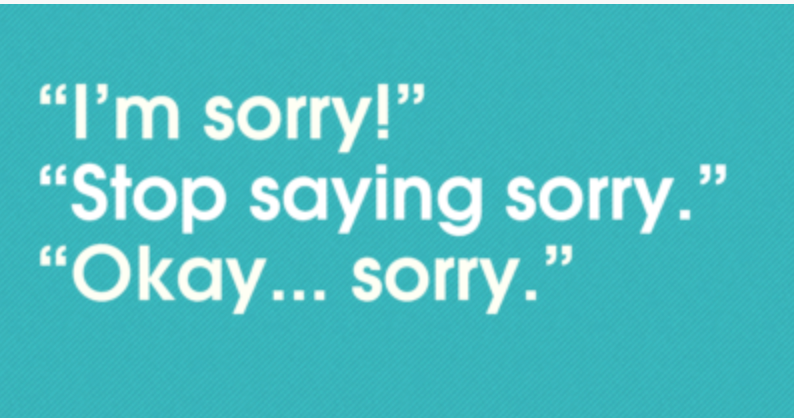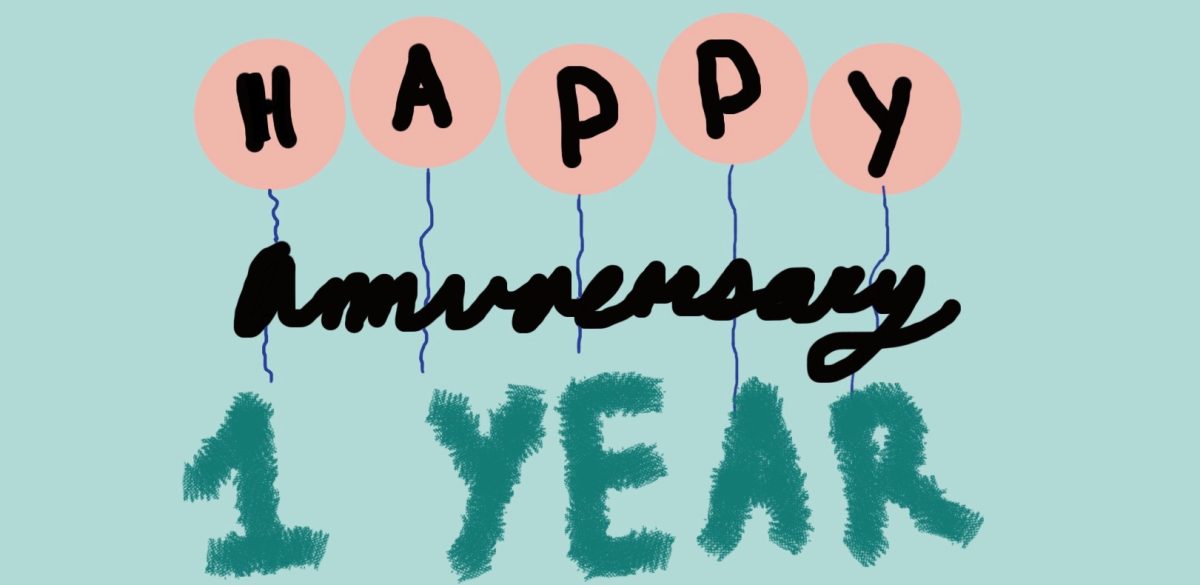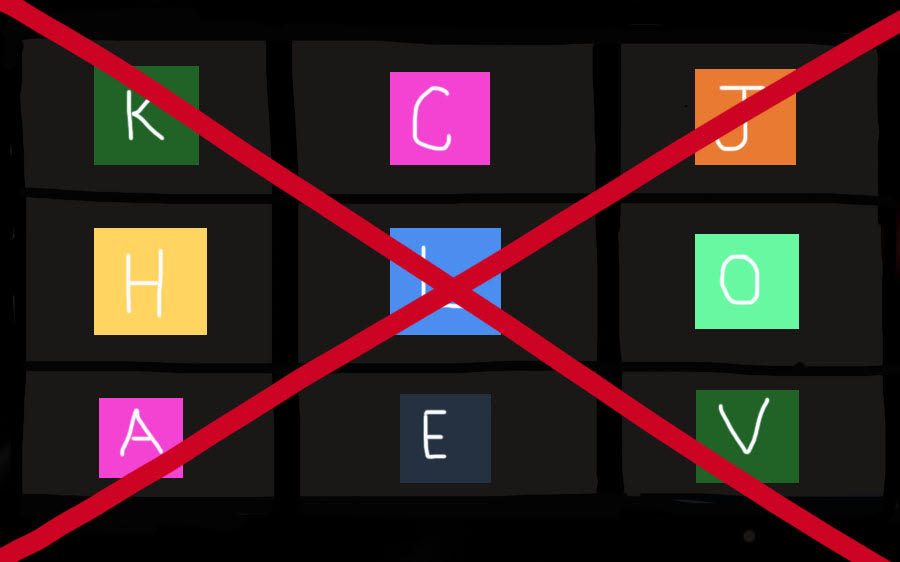
Have you ever felt as if you couldn’t stop apologizing? And then you apologized for apologizing so much? Many people apologize when it isn’t necessary, and studies show that women tend to apologize more than men. I hear people over apologize every day, and even I have over apologized plenty of times.
Last year, my friend and I were getting ready to go to the 7th and 8th grade dance when I noticed that she kept apologizing when it wasn’t necessary. For example, she would apologize for wanting to eat another slice of pizza. Another time last year, I dropped my pencil and my friend said sorry for my mistake. Apologizing can be helpful when it is necessary, such as if your actions have a negative impact on others, but it is irritating and counterproductive when it is unnecessary.
If someone apologizes for unimportant things too much, their apologies can come off as insincere and meaningless when they apologize for something important. Over apologizing can also make someone sound unsure of themselves and unprofessional, giving the illusion that they let people walk all over them or have no boundaries. It is important to still apologize when it is necessary, but the only time it is necessary is if your actions have negatively affected other people. You should not apologize when something is not in your control or if something that happens is not your fault, and you should especially not apologize to inanimate objects.
Dr. Joel Young says that people often over apologize because of insecurities, and it is a habit built up over time. Sometimes, many people feel as if they are annoying someone, and they feel like they have to apologize. There is a saying that goes as written: “You are your harshest critic.” Beating yourself up can make you apologize more for less important things. Often, over apologizing can come from formative experiences from childhood. For example, if someone grew up in a house full of yelling and screaming, they might apologize to avoid conflict and abandonment, and they might use apologizing as a coping mechanism. Over apologizing can also be linked to anxiety and/or OCD.
We can break this habit by using alternatives to saying “sorry.” A good way to employ this is saying “thank you” instead of “sorry.” If you make a mistake and someone corrects you, it is much more helpful to thank them instead of apologizing for making the mistake. Also, it is not helpful to start an email or a conversation with “I’m sorry to bother you, but…” Instead, you can get straight to the point, because this apology is not necessary unless you have emailed them several times already with unimportant information. If you’re on a call with a friend, instead of saying, “I’m sorry, I have to go,” you can say, “I have to go, but it was nice talking to you.” Breaking this habit can be very difficult, but it is a very good way to improve your confidence and stand your ground.











